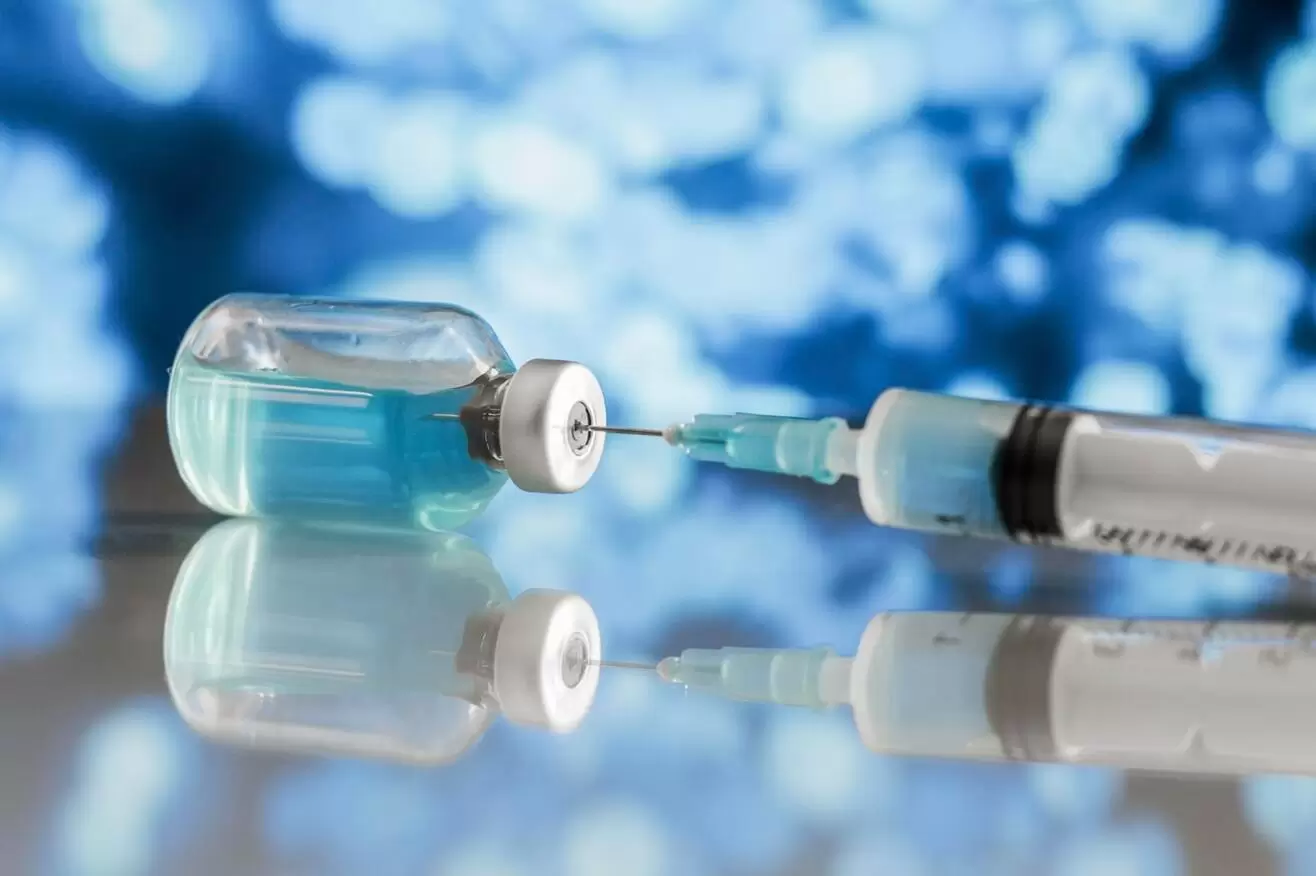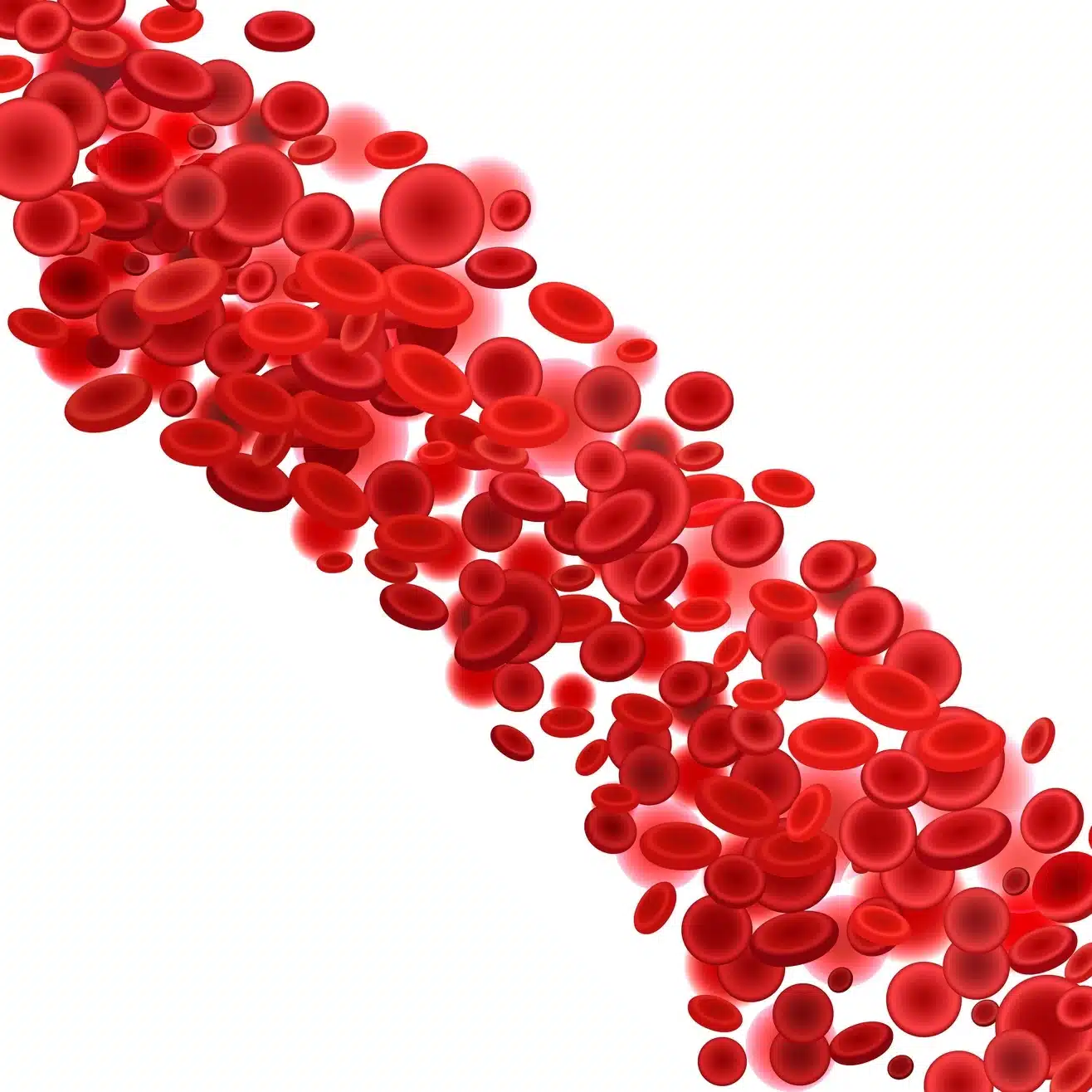What Are Exosomes
Exosomes: The Active Messengers of Regenerative Medicine
Exosomes are the primary mechanism by which cells communicate and direct tissue repair. These naturally occurring extracellular vesicles (30-150 nm) function as targeted delivery systems, transporting specific cargoes of growth factors, cytokines, and nucleic acids (miRNA, mRNA) from one cell to another to modulate their function.
For clinicians, exosomes represent the active, cell-free component of regenerative therapy. Unlike cell-based treatments, exosomes provide the pure signaling power to direct tissue regeneration, angiogenesis, and immunomodulation without the need to transplant entire cells.
Core Therapeutic Functions
1. Potent Immunomodulation
Exosomes are critical for balancing the immune response at a treatment site. By delivering a payload of anti-inflammatory cytokines (e.g., TGF-β, IL-10) and signaling proteins, they can downregulate pro-inflammatory cascades. This is essential for treating chronic inflammatory conditions like osteoarthritis and creating a favorable environment for tissue repair.
2. Targeted Tissue Regeneration
Exosomes initiate and sustain the healing process. Their cargo of growth factors (e.g., PDGF, FGF) and microRNAs directly stimulates resident progenitor cells, promotes the proliferation of fibroblasts, and directs the remodeling of the extracellular matrix. This is the primary mechanism behind their efficacy in orthopedic and aesthetic applications.
3. Directed Angiogenesis
The formation of new blood vessels is critical for healing. Exosomes carry key pro-angiogenic factors (e.g., VEGF) and specific microRNAs (e.g., miR-126) that signal endothelial cells to form new, stable vasculature. This targeted action is vital for treating ischemic tissue, accelerating wound healing, and supporting the survival of repaired tissue.
Why Autologous, Concentrated Exosomes Are the Clinical Standard
While the therapeutic potential of exosomes is clear, their clinical utility depends entirely on the ability to deliver them at a consistent, therapeutic dose. This is the challenge the exosmart™ system was engineered to solve.

The Problem with Unprocessed Plasma and Standard PRP:
Traditional PRP preparations contain a highly variable and often insufficient concentration of exosomes. Furthermore, the valuable exosomes found in the platelet-poor plasma (PPP) fraction are frequently discarded, leading to a significant loss of therapeutic potential.
The exosmart™ Solution: Concentration and Completeness
Our patented ultrafiltration technology captures the entire regenerative profile from both the PPP and PRP fractions. By retaining all components over 15 kDa, we create a final product that is not only rich in exosomes but also contains the full synergistic complement of platelets and growth factors.
(Add a visually distinct “Key Data” box here)
exosmart™ Delivers a Defined Therapeutic Product:
- Unmatched Concentration: Up to 3.0 x 10¹³ particles/mL.
- Validated Purity: Adherent to MISEV2023 guidelines.
- Superior Safety: 100% autologous, eliminating any risk of immunogenicity.

The Next Generation of Regenerative Therapy
In summary, exosomes are the active signaling agents that drive clinical results. By choosing exosmart™, you are not just choosing exosomes; you are choosing to deliver a scientifically validated, highly concentrated, and complete autologous therapy that provides the consistency and potency required for modern clinical practice.